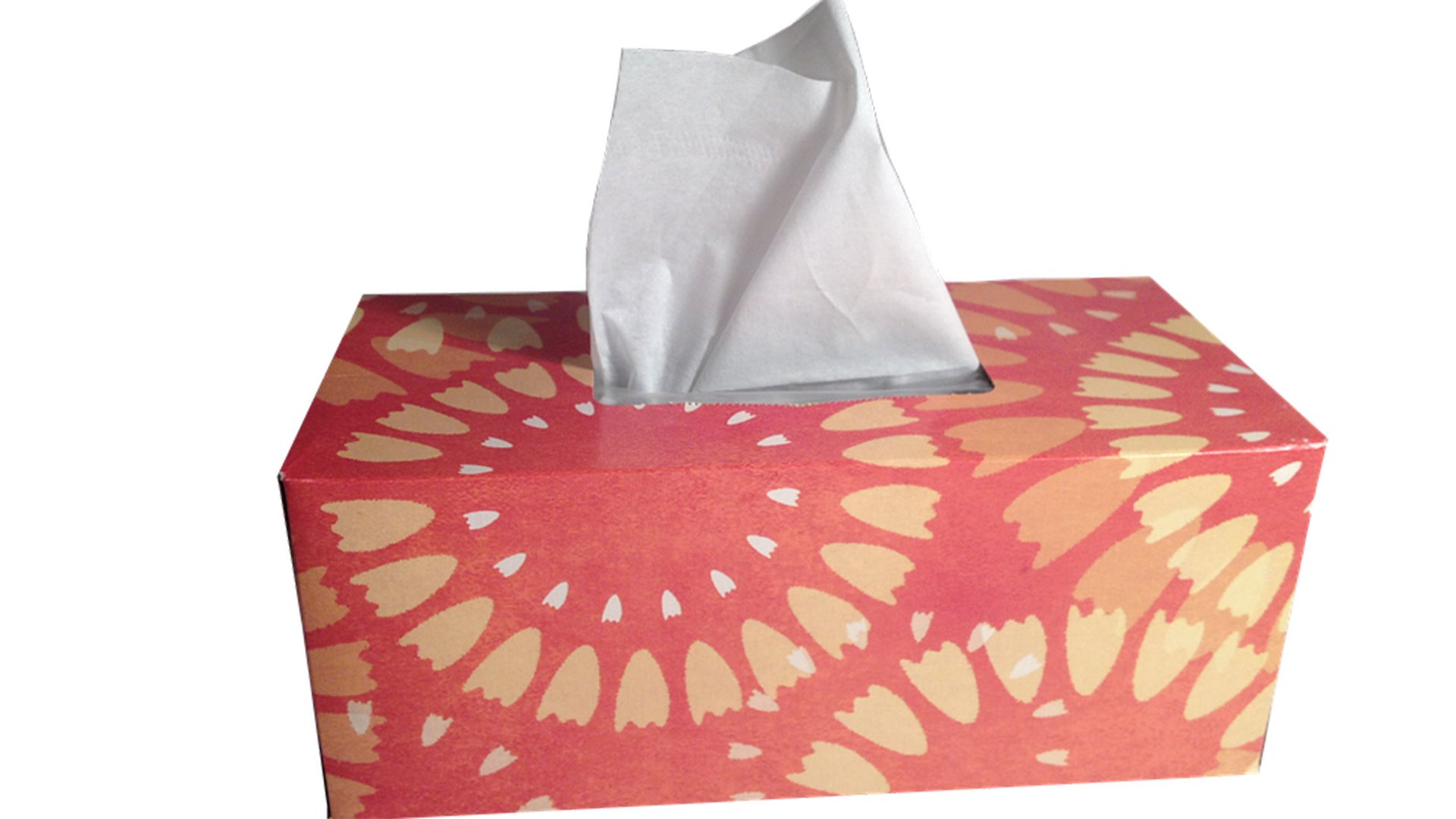When you sneeze or cough, you spray tiny droplets of moisture that contain pathogens into the air. These droplets can go as far as four metres in less than a second. If you have a cold, you can easily infect others this way. Numerous scientific studies on infection through sneezing have looked at strategies to fight the spreading of airborne pathogens. Such pathogens include bacteria, like tuberculosis, and viruses, like flu. Now, scientists have developed a new tool to help home in on these pathogens.
At present, the research is focused on bacteria. Whether and how long bacteria are able survive after they have been coughed out depends on several factors, including humidity and temperature. Scientists have devised a new tool that makes it possible to measure these factors with great accuracy. It is called CELEBS and consists of a small room in which the climate can be controlled and adjusted. Inside, scientists can mist a surface with droplets of a specific size and a known number of bacteria. The tool then measures how long the bacteria stay alive. An interesting finding is that most bacteria die not from a lack of moisture, but from too much salt. When moisture evaporates, it leaves behind a residue of salt. The salt draws moisture from the bacteria, causing them to dry out.
So far, the research has not been able to find a sure-fire way to prevent sneezes and coughs from spreading infection. Therefore, if you are sick, it is better not to stop germs with your hand, but to use a tissue or sneeze into your elbow instead. That way, you will be less likely to infect other people too.
Source: Science Today

